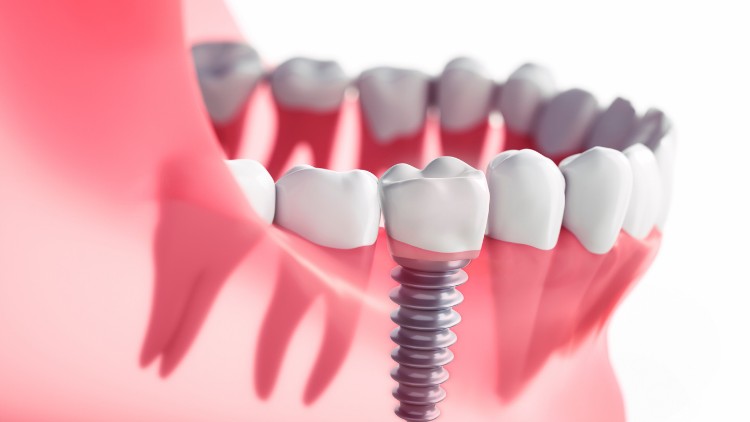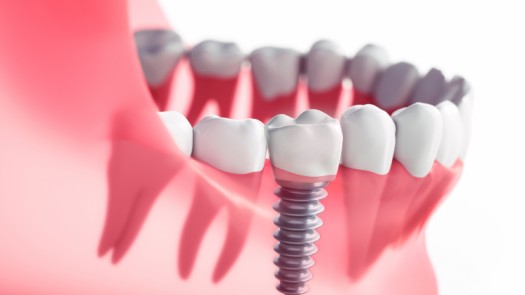
There are many reasons why people have a dental implant procedure and they often wonder how long it takes. While some need to replace missing teeth, others may simply be trying to retain their dentures. Sometimes, people get them in order to replace a tooth that has recently been extracted or never grew in. Some reasons a tooth may have needed an extraction include decay, infection, gum disease, or injury to a tooth. The length of an implant procedure varies from case to case depending on the type of implant and how many implants are being put in.
Step 1: Dental Exam
Before you can get started with any work, your dentist will schedule a comprehensive exam to check the health of your mouth. This may include x-rays and 3D scans. Even if your dentist is very familiar with your mouth, this step is imperative. During this time, the dentist will double-check that your gum and jaw health is sufficient to support implants. They will then develop a treatment plan for your situation and care.
Step 2: Implant Procedure
After the comprehensive exam is completed, your dentist will schedule surgery. The first step of the implant process is surgery. Your dentist will place a titanium screw in your jaw bone. The screw will be inserted right below the gums. This usually takes about 1-2 hours for each screw to be placed. So depending on how many implants you are getting in one sitting, will determine how long the dental implant procedure will take. After the healing period, most dentists will complete the final restoration of the tooth replacement. It may seem like it takes a long time to wait for your new teeth, but this is essential for ensuring that your implant procedure succeeds. The healing period allows the implant to integrate with your bone so that it can support your new crowns or bridges.
Step 3: Post-Procedure Recovery
Immediately after getting an implant, some people will experience swelling, bruising, or pain. This can depend on how much work your dentist needed to do in order to install the implant. Also, if a tooth must be removed for the procedure it will cause more discomfort. The time frame between having your implant surgery and when you get fitted for your crown is really important. The healing process takes around 90 days.
Step 4: Crown and Abutment Fitting
The final step after healing is to attach the abutment and crown. An abutment is a small shock absorber which cushions the implant from the permanent crown. In this step, your gums may need to be exposed so that you can get a proper fitting for your abutment and crown. Once the abutment is secured you are ready for a crown. The crown will be fitted and your dental implant procedure/process will be complete.
Conclusion
There are so many reasons why people get dental implants. Whatever your reason may be, consult our experienced dentist who will provide a thorough and comprehensive exam. They will guide you in the right direction and advise you accordingly. If you have any questions at all, schedule an appointment with us for more information.

 Request an Appointment
Request an Appointment
